Text and photographs by Rafaela Persson.
Flying in over Afghanistan on an early November morning of 2008, revealed a barren landscape with no greenery visible for miles. I went to Afghanistan intrigued by its people and culture, being something very different than the places I previously visited. What would it be like photographing here? Would I be able to get close to any Afghans? I like to spend extended periods of time with people I photograph. In Afghanistan many journalists seemed to use the 15 min rule: you never stay longer than 15 minutes in a place because that is how long it takes for someone with a cell phone to arrange a car to kidnap you.
I had an idea to photograph female drug addicts. Afghanistan is the world’s biggest producer of opium, from which heroin is derived. According to a study made by U.N. Drugs and Crimes Office in 2010, the rate of drug addiction in Afghanistan is twice the global average; Afghans have become the leading consumers of their own opium. Approximately one million Afghans, or eight percent of the war-shattered country’s total population is suffering from drug addiction, a 75 percent increase since 2005. What is even more alarming is that studies show that 50 percent of Afghanistan’s opium-using parents give the drug to their own children.
I began my project at a drug rehabilitation center for women and children. After the compulsory cup of tea with the director Dr. Toorpaikay Zazai, I was introduced to a twelve-year-old girl named Karima. She had a look of wisdom and tragedy at the same time, one that I would find in many afghan children making them seem much older then they where. Karima and I bonded in a second.
Five minutes later I found myself stuffed into a car with my fixer, driver, Karima and her family, the parents Mohammed, Jamila and the four kids including Karima who was sitting in my lap turning around every minute or so to look at me and caress my cheek. Her nine year old sister Mujadin, sat in her moms lap next to me and continuously kissed my hand for the approximately 30 min car ride.
This was my first meeting with Karimas family. It was Eid and the family had been given permission to go home for the holiday. During their refugee years in Pakistan the family had lived through many hard years and the mother Jamila was given opium tea by a neighbor to comfort her after the loss of a son in a car accident. Jamila, like many others female addicts in Afghanistan, was told that it was a kind of a medicine that would make her feel better. It did momentarily and that feeling got her hooked. Before long, Jamila would make the opium tea for her young children as well. The opium tea would make the kids drowsy and complaints about hunger and the cold would disappear. The family would come to rely on the tea for many years to come.
After the fall of the Taliban, Karimas family decided to move back to Afghanistan. Afraid to move back to their home province Kapisa, they decided to resettle in Kabul. For many years the family have been squatters in an unfinished apartment block built by the Russians in the late eighties. Standing approximately five stories, with pylons and rebarb sprouting from the roof suggesting is was intended to be higher, the cement brick building is situated on the main road to the airport. A staircase completely open to the outside leads me up to the third floor, where the family has taken over a one-room apartment. There is no electricity so the hallway is very dark, but the kids are familiar with the hallway and are able to lead me. A makeshift door has been put up to give them some privacy. Inside, plastic bags from various aid organizations have been cut up to cover the open window along with dark drapes to help with insulation. The room is dark and very cold.
The family quickly pushes me towards a sandali, a common heating system in Afghanistan where a coal fire is lit in a pot, put in a frame and covered by a big blanket that the family can all tuck their feet and legs under. As the sandali starts to heat us up, the family begins to tell their story. Throughout my almost yearlong stay in Afghanistan, I would visit many times with the family under the sandali to hear their stories over cups of green tea. Karimas family was not the only family I photographed but they where the ones that I became the closest to.
Drug addiction is the common link that led me to these families but what kept me shooting was so much more. Often I would finish a four-hour visit with one of the families and with only 10 frames on my memory card. Instead I would leave with thousands of images in my mind; images that I still see everyday. The stories I would hear from these women, ranging everything from what they where making for dinner to losing a child, worries for the future and their thoughts on western life intrigued me. They would often advise me on my own life, encouraging me to have children of my own. I realized I continued to visit them not only to photograph their addiction but because they had become friends.
Living in Afghanistan as an expat is not always so easy: the poor living conditions, constant threat of illness, the tense security situation, etc. But I always had the option to leave and every few months, like most other foreigners, I would do so. The families I photographed like many other Afghan families had no chance of escaping. Often when leaving after spending the day with them I would feel a sense of guilt because even though my life was not always so easy in Afghanistan, it was not comparable to their situation.
I did not follow the 15 min rule in Afghanistan. I never felt threatened while at my families. My fixer, an Afghan man in his late 30s, would often bring one of his young boys to work, and together we looked like a small Afghan family. I always dressed conservatively and never exposed my cameras before going inside the living quarters of the families. Once in a while, after some time had passed during a visit, my fixer would say I think it is time to leave and we would go immediately. I never questioned his judgment and never had any problems.
I am not sure if I was influenced by the Afghan women’s advice, but today I have a daughter of my own. I do, however, have a deeper understanding of the difficult decisions she must have made; the desperation these women feel when they cannot comfort their kids and the only solution they feel they have is to turn to opium.
Please visit Rafaela Persson for more stories and documentary photography.

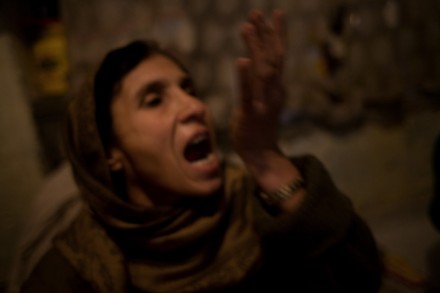
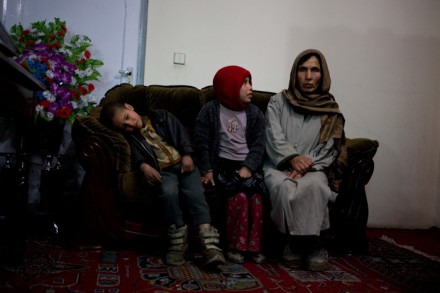
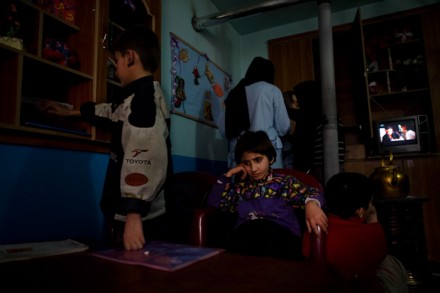
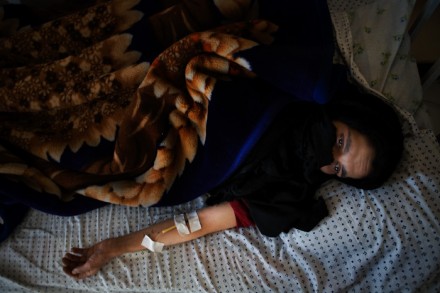
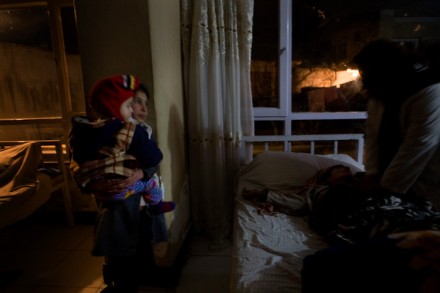
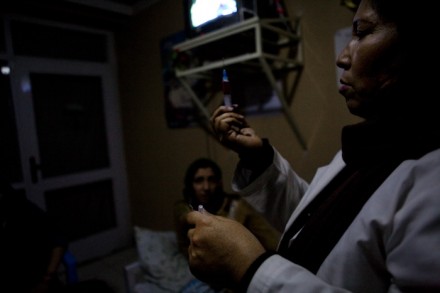
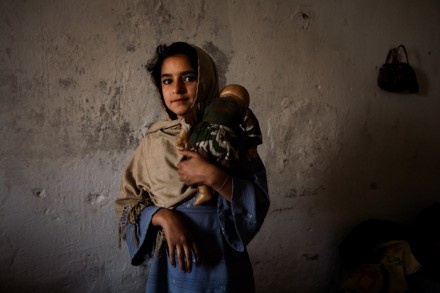
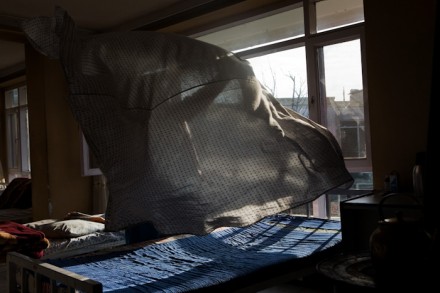
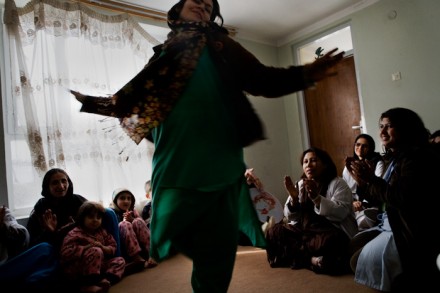
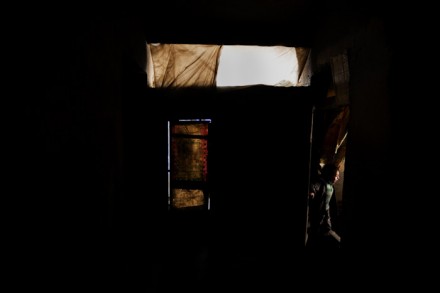
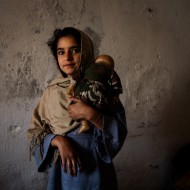


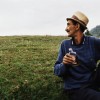

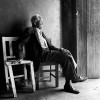











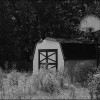

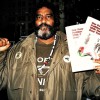






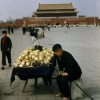







These pictures tell the tale of opium, full circle back to the people with such a thin support network from their community. What will the world look like after the war on drugs is ended in favor of harm reduction strategies? Legalization of heroin in the U.K. would have consequences for the women in this essay. Thank you for the insight.
I like the fact that the photographer went far … Photography is a way to discover the insight of people, and this article – hard, beautiful, interesting- made me discover this insight:)
I felt this mix of tragedy and happiness in the picture of the woman dancing. Striking
You can also subscribe to this post comments RSS feed.